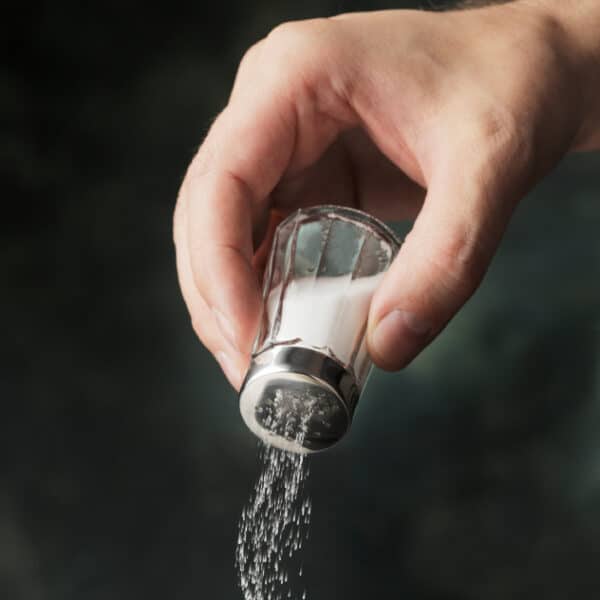
US study finds salt intake is not associated with mortality in older adults
The study initially assessed dietary sodium intake (as a marker for salt) using a food frequency questionnaire among about 2600 older adults aged 71 to 80 years who were free from heart disease. Using 10-year follow-up data, the study compared health outcomes in participants consuming less than 1500mg (3.75g salt), 1500 to 2300 mg (3.75-5.75g salt) and more than 2300mg sodium per day (>5.75g salt). The authors concluded that in older adults, salt intake was not associated with greater mortality, heart disease or heart failure, and consuming more than 2300mg of sodium (the current upper limit for the general US population) was associated with a trend for higher mortality, but this was not statistically significant.
Experts say US study may be flawed
However experts have commented that the limitations in this study make the conclusions flawed. In particular, the method used for measuring sodium was criticised. Self-reporting in a food frequency questionnaire is considerably less accurate than the gold standard, 24 hour urine collection, which is used in UK national dietary surveys. Additionally, the study investigated volunteer older adults who were generally healthy with good functional capacity and perhaps more likely to have healthier diets in general and be physically active than other older people in the population.
The findings of this study alone are definitely not a license to consume more salt. In the UK dietary recommendations are for an intake of less than 2400mg of sodium or 6g salt a day. Current UK intakes in those aged 65 years (assessed using 24-hour sodium excretion) is estimated at 2880 mg sodium or 7.2g salt day, in excess of the recommendation. In the general US population, average intake is even higher at 3436mg sodium, well over 8g of salt a day.
Reducing salt can have health benefit
It is difficult to fully understand the complex relationship between diet and health, and no single study will ever give a decisive answer. Such individual studies typically get recognition from the media when the results are unusual or surprising. The overwhelming body of evidence on salt is that consuming too much is bad and there is general scientific agreement that lowering the amount of salt you consume will lower blood pressure, which can reduce the risk of cardiovascular disease.
How can caterers reduce salt content?
So we should still try and reduce our salt consumption. Caterers in care homes should be aware that the salt content of a dish can be increased by using high-salt ingredients such as soy sauce, stock cubes, bouillons, gravy, yeast extract, ready-made pickles, cooking pastes, cheese, anchovies, and pre-prepared meat products such as ham and bacon. Tips for reducing salt in catering include:
- Using measuring equipment to measure exact salt quantities in recipes to avoid adding extra salt.
- Replacing salt in recipes with herbs, spices, lemon or lime juice.
- Using reduced salt varieties of high salt ingredients (e.g. low salt stocks) where possible.
- Using unsalted water when boiling vegetables and starchy foods such as pasta, noodles, rice and potatoes.



